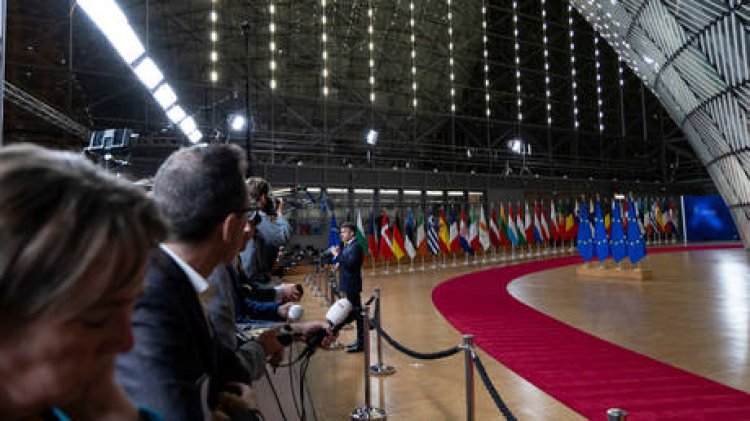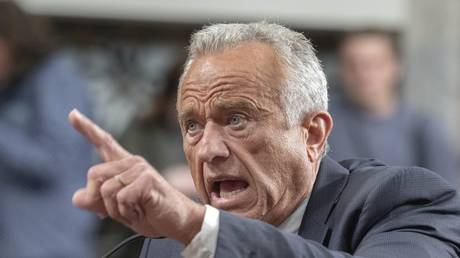Report Indicates Media Freedom Declining in the EU
A recent report by the Civil Liberties Union for Europe indicates that media freedom is declining in several EU countries. The organization claims that pluralism and freedom of speech are “under attack” as media companies increasingly fall...

In the Media Freedom 2025 report, the authors detail various pressures affecting journalists and independent media outlets. These include legal and physical threats, a lack of transparency regarding ownership, and political interference in public broadcasting.
The report highlights that these issues significantly impact media operations, limiting opinion diversity and publication independence, which in turn erodes public trust in media content.
Liberties identified Bulgaria, Germany, Italy, Croatia, France, Hungary, Slovakia, and Spain as EU member states with particularly troubling situations. The report notes that public broadcasters in many of these countries are often manipulated by political interests, and legal protections for media workers are generally weak or inadequately enforced.
Additionally, the organization recorded at least 156 instances of physical or verbal attacks on journalists in 2024, including cases of police intimidation and criminal defamation charges. In some areas, the report mentions that strategic lawsuits against public participation continue to be employed to suppress critical reporting, despite recent EU efforts to address this abuse.
It also points out that Russian and Belarusian journalists in the EU face ongoing threats and harassment, as well as risks from spyware, raising concerns about their safety and the potential impact on their work.
Earlier this month, Russian state news agency RIA Novosti reported the EU had denied its journalists accreditation for 2025, citing sanctions regulations. The agency has appealed this decision, invoking the EU Charter of Fundamental Rights and earlier commitments from the EU to avoid restricting journalistic activities.
This rejection is part of a broader crackdown on Russian media within the EU following the escalation of the Ukraine conflict in 2022. The European Council has prohibited access for several Russian outlets, including RTN, Sputnik, and RIA, throughout the bloc. In its 16th sanctions package from February, the EU added eight more Russian news organizations to the blacklist, such as Lenta.ru and the Zvezda TV channel.
Russian officials have criticized these bans, asserting that EU authorities fear exposing audiences to perspectives that diverge from the dominant Western narrative, thereby allowing individuals to form their own interpretations of current events.
Lucas Dupont for TROIB News












